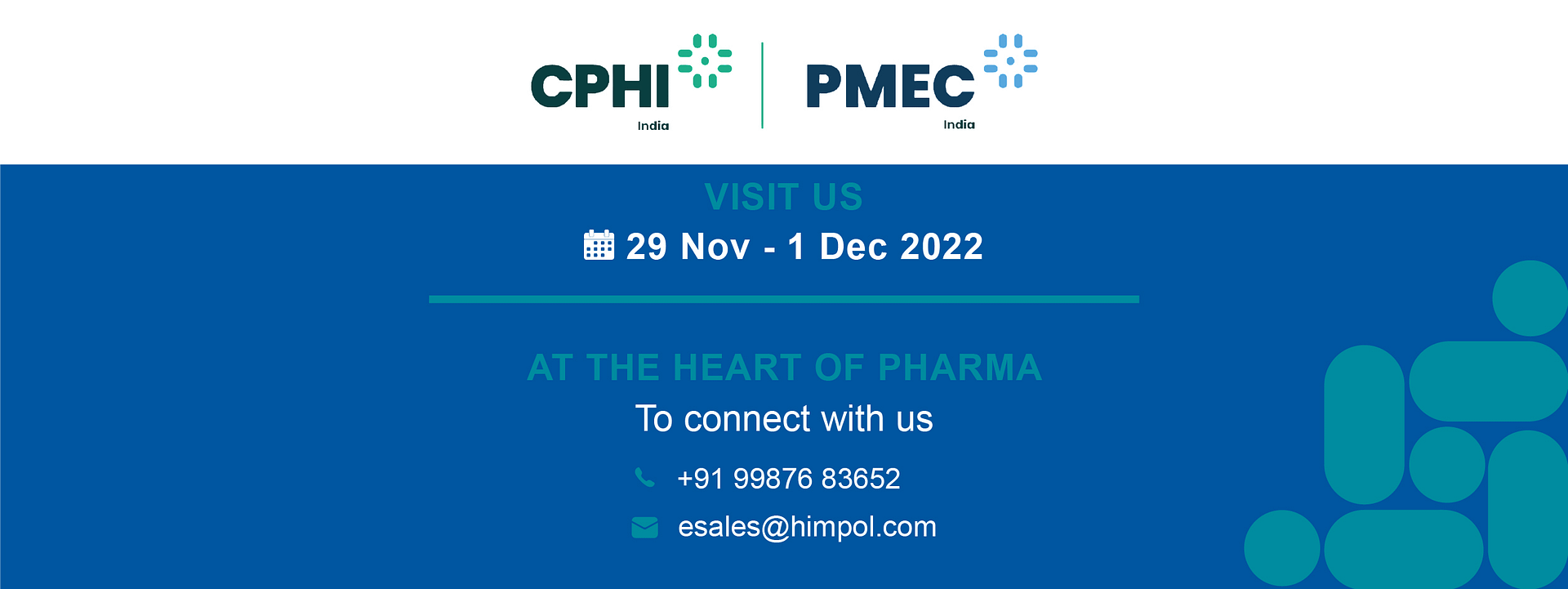Junk Food’s Impact on Health in Australia
What you eat and drink each day effects your health and wellbeing, both physically and mentally. Good nutrition, along with regular exercise will help you maintain a healthy weight while reducing your risk of chronic diseases such as heart disease. However, consuming regular amounts of fast and junk food will impact your quality of health, and will have negative effects on your body.
The Negative Side Of Junk And Fast Food
Junk foods are food and drinks with low nutritional value (e.g. vitamins, minerals and fibre) and high in kilojoules, fat, sugars and/or salt. On the other hand, fast foods are a type of food you get from a restaurant designed to be delivered to you in the quickest way possible. Some fast foods can be healthy, but typically most fast foods are junk food. For example, salad, sushi and sandwiches are healthy forms of fast food. However, most fast food restaurants, such as McDonalds or KFC serve unhealthy junk food. In Australia, 35% of an average adult’s daily energy intake and 41% of children’s daily energy intake comes from junk food.
While the occasional night of junk food won’t hurt much, eating Junk foods regular has been shown to lead to increased risks of obesity and chronic diseases. Cardiovascular disease, type 2 diabetes, non-alcoholic fatty liver disease and some cancers all have causes in excessive junk food consumption. Further, the specific content of many fast foods can have negative side effects for your body;
- Junk food high in sodium can lead to increased headaches and migraine
- Junk food high in carbs can trigger outbreaks of acne
- Eating excessive amounts of junk food may increase your risk of depression
- The carbs and sugar in junk foods can lead to dental cavities
- Fried foods are filled with trans fats which raise LDL cholesterol levels
- Fast food is filled with empty carbohydrates, which can lead to increased blood sugar and insulin resistance
- Increased sodium levels can lead to your body retaining excessive water, leading to bloating
The Key To A Healthy Diet | The Bad Effects Of Eating Junk Food
To avoid the negative health risks to your, your diet needs to be nutritional and diverse. Small changes to your diet can make an immense difference to your health. It’s easier than you think, especially if you follow at least six of the eight goals outlined below. loansmp.com
- Make half your plate fruits and vegetables: The more colourful you plate, the more likely you are to get the vitamins, minerals and fibre your body needs, so be sure to choose a variety of red, orange and green vegetables (such as tomatoes, sweet potatoes and broccoli).
- Make half the grains you eat whole grains: eating whole grain foods such as whole-wheat bread will help you avoid processed grains high in empty carbohydrates. Look for whole wheat, brown rice, bulgur, buckwheat, oatmeal, rolled oats, quinoa or wild rice.
- Switch to fat-free or low-fat (1%) milk: Fat free and low fat milk contains the same amount of calcium and other nutrients as whole milk, but contains fewer calories and less saturated fat.
- Choose a variety of lean protein foods: Lean meats (meat with lower fat content) are far better than meat with large amounts of fat content. Select leaner cuts of beef, turkey breast of chicken breast.
- Compare sodium in foods: Use the nutritional facts included in the labels on food packaging to select foods containing low levels of sodium. Choose canned foods with labels stating low sodium, reduced sodium or no salt added.
- Drink water instead of sugary drinks: By drinking water or unsweetened, you can cut your calories substantially. Sodas and energy drinks are high in added sugar and calories, so be sure to avoid these. If you seek added flavor, try adding a slice of lemon, lime or watermelon to your glass of water.
- Eat some seafood: Seafood such as fish and shellfish are high in protein, minerals and omega-3 fatty acids (healthy fat). Try eating at least eight ounces of seafood a week if you are an adult.
- Cut back on solid fats: Major sources of solid fats are cakes, cookies, ice cream and processed meat. Try to avoid these to cut back on your solid fat intake.
By following the above eight goals, you will help your body get the nutrients it needs, while cutting back on unhealthy content. If you combine a healthy diet with regular physical exercise, your physical and mental health with begin to improve immensely.
Concerned about the amount of junk food you’re consuming or just want to find out more? Book an appointment with us at Southgate Medical Centre as we specialise in both Men’s Health and Women’s Health.

